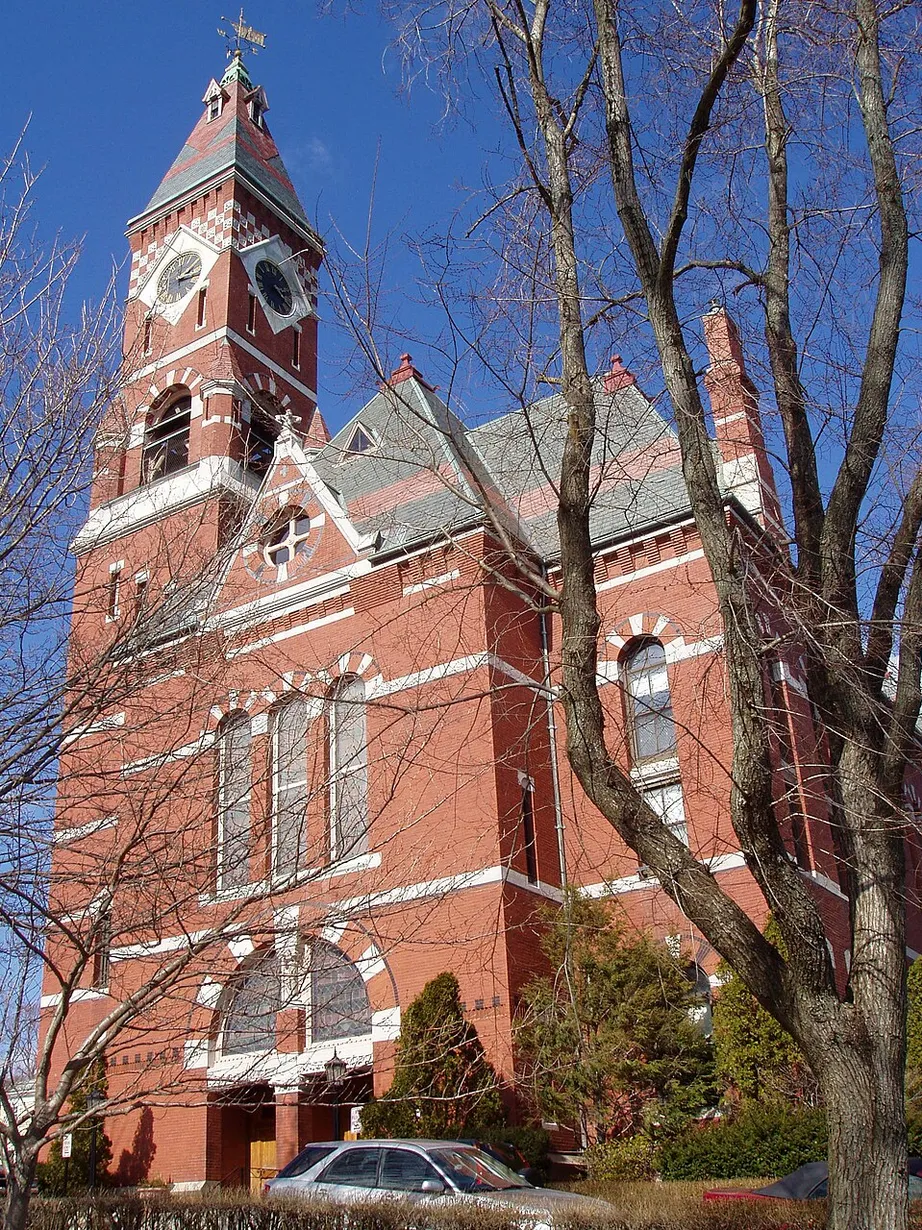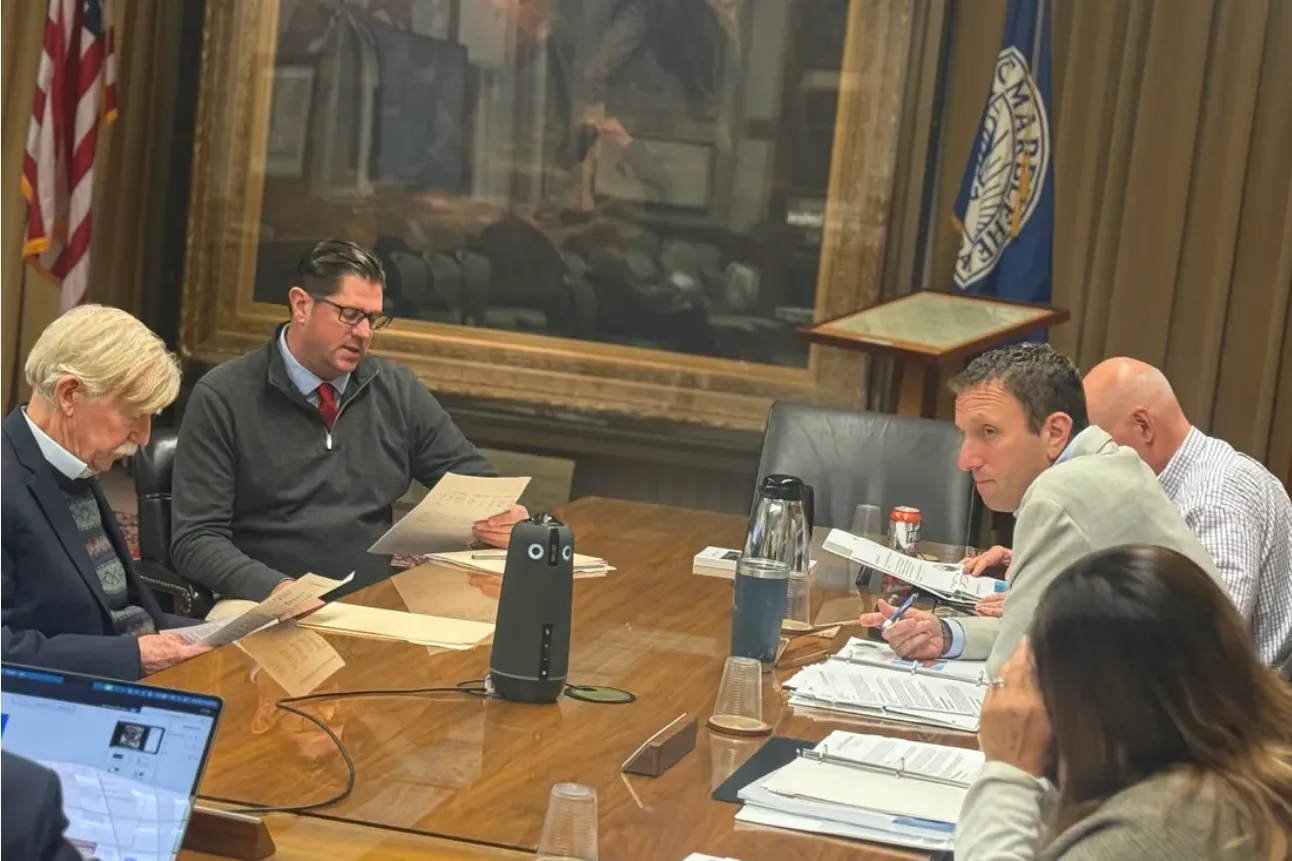Table of Contents
Marblehead’s MBTA-zoning noncompliance status prevents the Council on Aging from applying for two key Massachusetts Department of Transportation grants that have funded the program’s fleet of four vans and operational costs for years.
The grants have covered 80% of vehicle replacement costs, with the remaining 20% funded by the Shattuck Memorial Fund, according to Hooper.
“I can’t apply now to replace any vehicles,” Hooper told the Independent. “Fortunately, we’re in good shape right now. Doesn’t mean I will be in a year.”
The MBTA Communities Act, passed in 2021, requires 177 municipalities near MBTA service to zone for multifamily housing. Noncompliant communities become ineligible for certain state discretionary grants, including the MassDOT Community Transit Grant Program.
The Council on Aging operates four vehicles: two vans from 2024, one from 2018 and one donated by the Friends of the Marblehead Council on Aging. Three were purchased through MassDOT’s Section 5310 program, which provides capital funding for vehicles serving elderly individuals and people with disabilities.
“The vehicles are very expensive,” Hooper said. “We only charge $4 one each way out of town and $2 each way in town. It’s a suggested donation.”
During the 2024 calendar year, the Council on Aging provided 5,115 rides to 215 individuals, according to data from the agency’s scheduling system. The program had provided more than 7,000 rides annually before the COVID-19 pandemic, Hooper said.
Transportation Coordinator Linda McCollum said the service functions as a lifeline for many residents.
“We take a lot of people for cancer treatments,” McCollum said. “For the whole six weeks or eight weeks, or however long they have to go. It takes the pressure off the family.”
The program focuses on medical and dental transportation within Marblehead and surrounding communities, including Beverly, Danvers, Peabody and Salem. Rides to pharmacies for vaccines, weekly Market Basket grocery trips and monthly mall excursions supplement medical transport.
“If you’re 62 years old, you have knee surgery, you have follow up visits,” Hooper said. “We can bring you there."
The Council on Aging also received a separate $45,000 MassDOT operational grant in January 2024 that funded the transportation coordinator position and four part-time drivers through June 30. Hooper said she cannot reapply for that grant due to the town’s noncompliance status.
To offset the lost funding, Hooper secured a $20,000 grant from the Massachusetts Council on Aging. The Marblehead Female Humane Society increased its annual contribution from $35,000 to $42,000, funding two part-time drivers.
The town’s operating budget funds one full-time position, but grants and private donations cover fuel, maintenance and four part-time driver salaries. The formula grant from the state, distributed based on the population aged 60 and over, also supports operations.
“People don’t realize this, but if say you need to go to the doctors and no one’s around, you’d have to take public transportation to Lynn to cross to Salem,” Hooper said. “You can’t take to Salem, which is right next door.
The MBTA’s “The Ride” paratransit service requires medical qualification and offers pickup windows of up to two hours, making it impractical for many appointments, McCollum said.
During the COVID-19 pandemic, when many municipal transportation programs suspended service, Marblehead Council on Aging continued operating with one passenger and one driver per vehicle. Drivers delivered groceries to homebound seniors and transported residents to vaccination appointments across multiple communities.
Without access to MassDOT grants, the Council on Aging would need to identify alternative funding sources or reduce service. Additional federal funding cuts could further threaten the program. Hooper said elimination of Title III-B grants, which flow from the federal Older Americans Act through state formula grants, would significantly impact operations.
For fiscal year 2027, the combination of MBTA Act noncompliance and potential federal cuts could force service reductions or cancellations, affecting the 200-plus annual riders who depend on Council on Aging transportation for medical care, grocery shopping and social connection.



